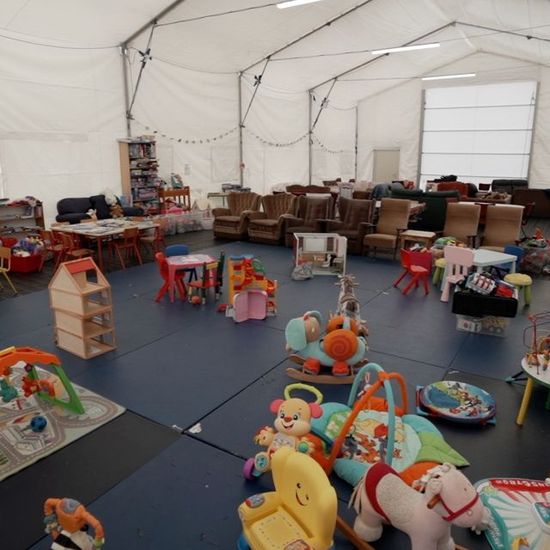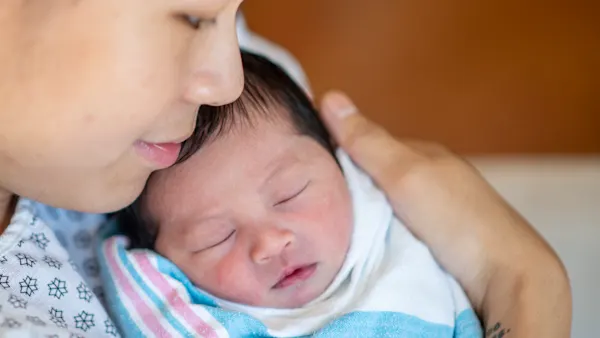Copyright independent

The inspectors who visited the Eglington Centre in Galway found the accommodation provided to some of the families living there impacted negatively on their right to privacy and dignity. "One resident told the inspectors that 'its hell living with a family in one room,” the report by the Health Information and Quality Authority (Hiqa) revealed. Inspectors found that some children, including teenagers, and parents were required to share bedrooms due to the configuration of the rooms. The inspectors were invited by residents to observe 11 individual homes. Mould was evident in four of these, and the carpet in one was worn and showing signs of wear and tear. Today's News in 90 Seconds - Wednesday, November 5 "Significant water damage was observed on the ceiling and wall of another room. Stains from the water damage were evident around the smoke detector in this room, and the plaster on the wall was soft to the touch. "Paint was risen and cracking from the wall. The direct consequence of a leak in the ceiling in this room was that for almost three weeks a child could not sleep in their own bed. Their parents told the inspectors that they resorted to surrendering their bed to their child, while they themselves slept on a mattress on the bedroom floor. The inspectors observed that this family was using a plastic container to gather the water leaking into their room. This family was relocated to a new room once this matter was brought to the attention of the centre managers by inspectors. "In relation to a second family, the inspectors observed that two children were not provided with appropriate beds." It was one of eight inspection reports on permanent International Protection Accommodation Service (IPAS) centres published today. A separate inspection at Atlas House in Killarney, Co Kerry, said that in the case of families with children, parents and children were required to share the same bedroom. In some cases, teenage children were accommodated in the same bedroom as a parent and a younger sibling of the opposite gender. Family units were observed to be small and cluttered. While they met the minimum space requirement for a bedroom for the number of people accommodated, they afforded minimal space for day-to-day activities and did not facilitate privacy or dignity. This lack of space was also observed in accommodation provided for single female residents, with rooms allocated to between two and three women to share. Another inspection of Knockalisheen, Co Clare led to concerns about conditions experienced by residents living in the tented accommodation. While some improvements were observed, such as accessible walkways which were clean and free from clutter and the provision of storage facilities and temporary privacy screens; residents’ right to privacy and dignity was not promoted and their living environment remained an undignified space. Some of these residents told the inspectors that their physical and mental health had declined, in particular those who had lived in the tented units on a long-term basis. Other concerns highlighted included difficulties in relation to temperature control, lack of privacy and dignity, and disturbances between people in the tented units. There were significant risks identified in relation to fire safety. Despite routine fire checks having been carried out by staff members, the inspectors observed several defective fire doors which could not contain a fire and there continued to be a slow response to fire drills from residents.



